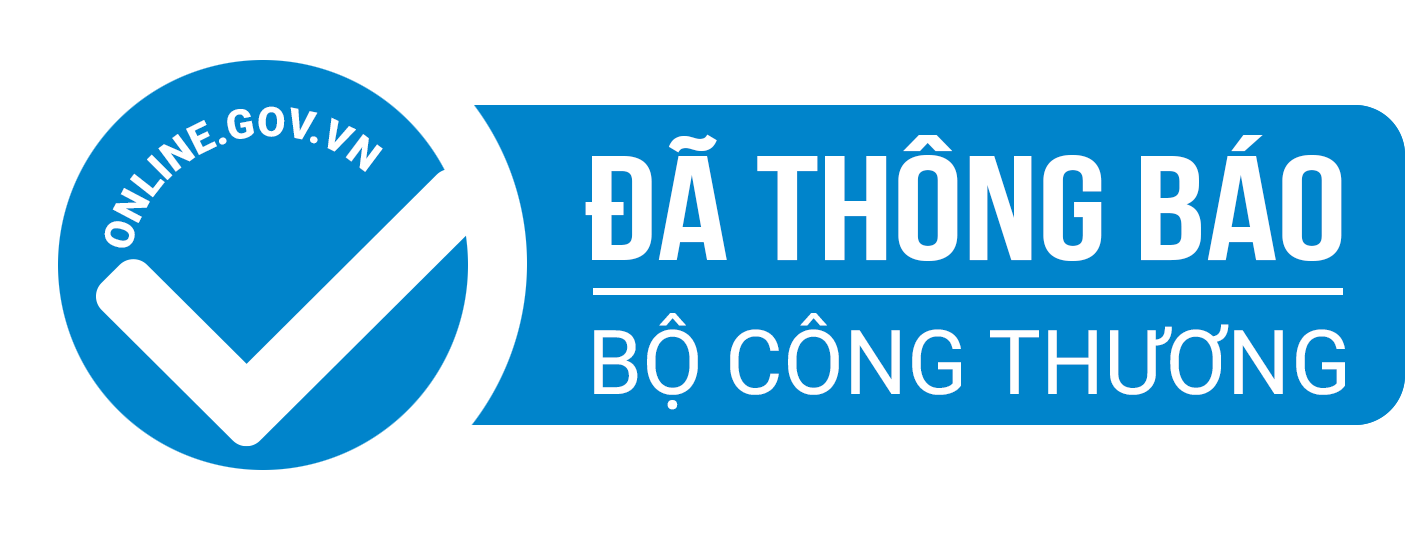Heart Attack
A heart attack is most commonly caused by a sudden obstruction of the blood supply to part of the heart muscle—for example, because of a clot in a coronary artery (coronary thrombosis). It can also be called a myocardial infarction. The main risk is that the heart will stop beating.
The effects of a heart attack depend on how much of the heart muscle is affected; many casualties recover completely. Aspirin can be used to try to restrict the size of the clot.
CAUTION
- If the casualty loses consciousness, open the airway and check breathing.
- Do not give the casualty aspirin if you know that he is allergic to it.
RECOGNITION
- Persistent, vice-like central chest pain, which may spread to the jaw and down one or both arms. Unlike angina (opposite), the pain does not ease when the casualty rests.
- Breathlessness.
- Discomfort occurring high in the abdomen, which may feel similar to severe indigestion.
- Collapse, often without any warning.
- Sudden faintness or dizziness.
- Casualty feels a sense of impending doom.
- “Ashen” skin and blueness at the lips.
- A rapid, weak or irregular pulse.
- Profuse sweating.
- Extreme gasping for air (“air hunger”).
Your aim is to ease the strain on the heart by ensuring that the casualty rests and to call for urgent medical help without delay.
- Call ∗9999 for emergency help. Tell the call taker that you suspect a heart attack.
- Make the casualty as comfortable as possible to ease the strain on his heart. A half-sitting position, with his head and shoulders supported and his knees bent, is often best. Place cushions behind him and under his knees.
- Assist the casualty to take one full dose aspirin tablet (300 mg in total). Advise him to chew it slowly.
- If the casualty has angina medication, such as tablets or a pump-action or aerosol spray, let him administer it; help him if necessary. Encourage him to rest.
- Monitor and record vital signs—breathing, pulse and level of response—while waiting for help to arrive. Stay calm to avoid undue stress.


